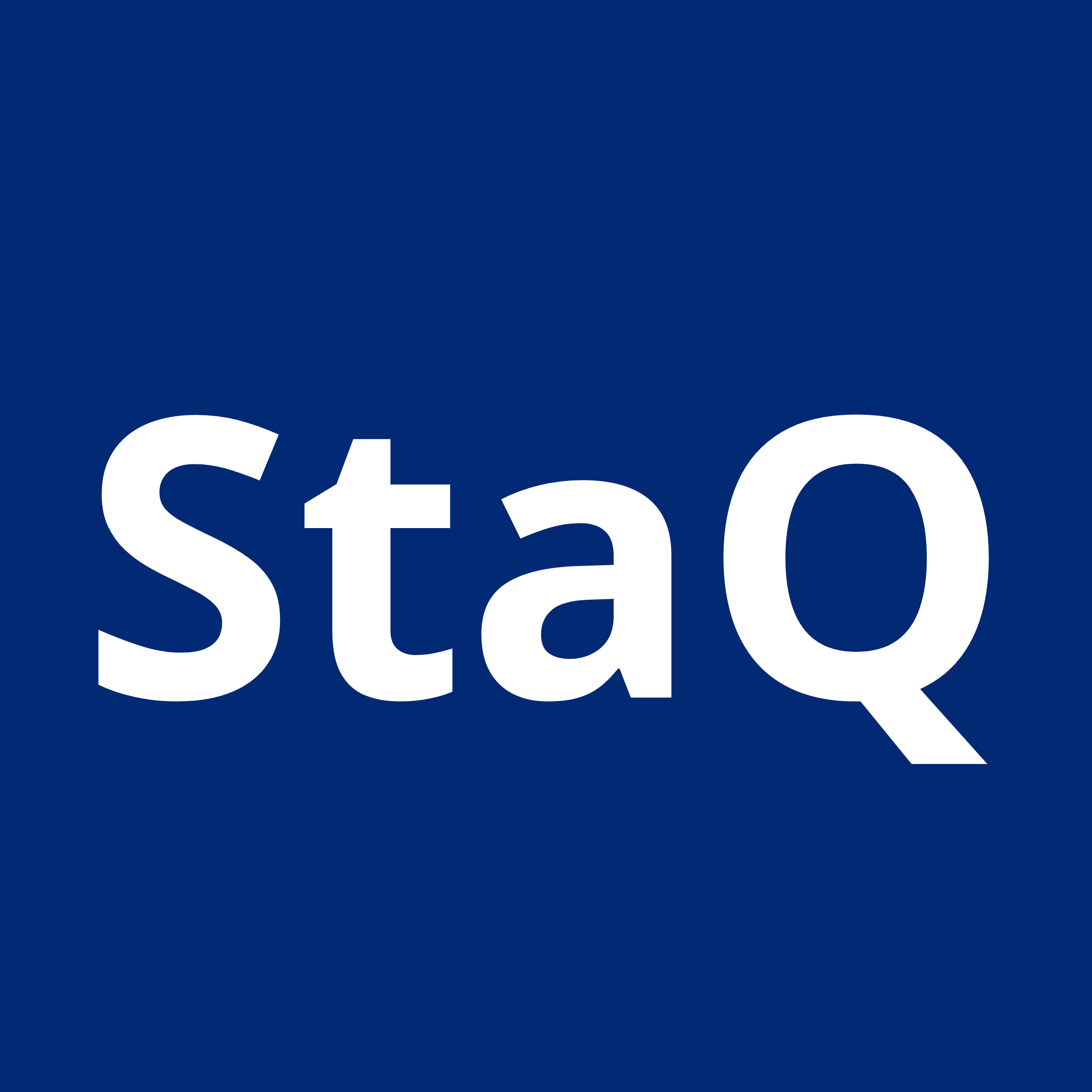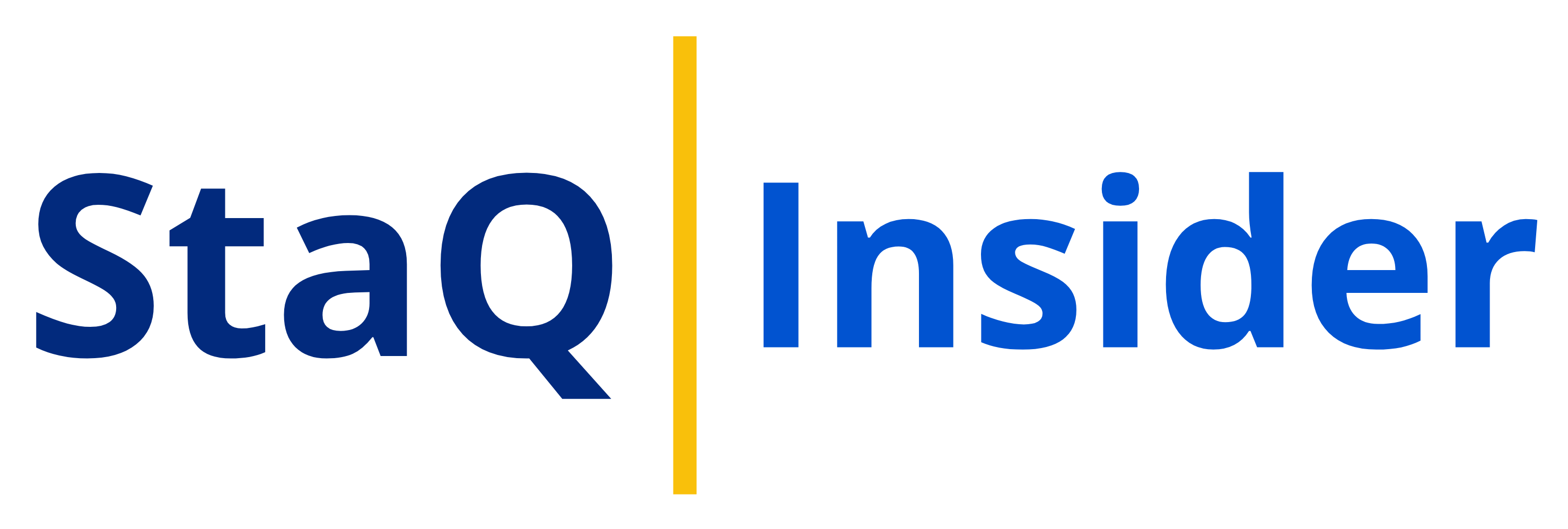In the digital age, where data reigns supreme and split-second decisions can make or break a business, having a firm grasp on your financial operations is non-negotiable. Antiquated methods of manual bookkeeping and spreadsheet juggling are no longer enough to keep pace with the ever-evolving landscape. This is where Accounting Software emerges as an indispensable ally for organisations of all sizes and industries. Discover how clever businesses are using game-changing technology to their advantage!
What is Accounting Software?
Accounting software is a computer program designed to assist bookkeepers and accountants in recording and reporting a firm’s financial transactions. It automates tasks like tracking financial transactions, generating reports, and analyzing financial data. This software varies in functionality, with options ranging from off-the-shelf products for small firms to customized solutions for larger enterprises.
How does Accounting Software Works for Businesses?
Accounting software works for businesses by providing tools to track and manage financial data efficiently. There are two main types: cloud accounting and desktop software. Cloud accounting is internet-based, allowing access from anywhere, while desktop software is downloaded to a specific device. These systems enable businesses to record transactions, generate financial statements, manage customer information and payments, create and send invoices, collaborate with accountants, and file taxes.
Key functions and features of accounting tools/software include:
-
Recording Transactions: Tracking purchases, expenses, revenue, and more to maintain accurate financial records.
-
Financial Statements and Reports: Generating various reports to analyze financial health and make informed decisions.
-
Customer Management: Keeping track of customer information, outstanding invoices, and past due balances.
-
Invoicing: Creating and sending invoices efficiently, automating the process, and managing billing for services rendered.
-
Collaboration with Accountants: Facilitating communication and sharing financial information with accountants for analysis and advice.
Moreover, accounting solutions streamlines processes like bank reconciliation, expense tracking, timesheets and project management, inventory management, and tax compliance. By automating these tasks, accounting tools saves time, reduces errors, and provides accurate financial insights crucial for business decision-making.
What are the Different Types of Accounting Software?
To elaborate on the different types of accounting tools for businesses, there are six main categories that cater to various needs and sizes of organizations:
Each type of accounting tool serves distinct purposes, from basic financial management to complex enterprise needs, offering automation, customization, and efficiency in managing financial data and processes for businesses of different sizes and complexities.
What are the Most Popular Accounting Software Options?
In the realm of small business accounting, a plethora of software solutions cater to various needs, offering a range of features to streamline financial management processes effectively. Let’s delve into the 10 most popular accounting software options in 2024, each designed to simplify accounting tasks and empower businesses to manage their finances efficiently.
-
Intuit QuickBooks Online:
-
QuickBooks Online is a widely-used accounting software known for its user-friendly interface and comprehensive features tailored for small businesses.
-
Features: Offers a comprehensive set of features including automation features, multi-user access, financial reports, tax compliance, third-party integrations, support for multiple currencies, and mobile accessibility.
-
Reviews: Known for its well-designed interface and feature-packed nature, QuickBooks Online is highly recommended for small businesses. It provides a range of plans to suit different business needs.
-
-
Xero:
-
Xero offers simple yet powerful accounting software designed for small businesses, providing easy-to-use tools for invoicing, bank reconciliation, and financial reporting.
-
Features: Provides simple accounting software with additional pricing tiers, offering features like recurring invoices, bank connections, financial reports, and third-party integrations.
-
Reviews: Xero is praised for its ease of use and payment features, making it a popular choice for businesses looking for straightforward accounting solutions.
-
-
Zoho Books:
-
Zoho Books is a startup-friendly accounting software offering essential accounting features, invoicing capabilities, and a user-friendly interface.
-
Features: Tailored as startup accounting software with various pricing tiers, Zoho Books offers a 14-day free trial of the Premium plan and features like invoicing and expense tracking.
-
Reviews: Ideal for startups, Zoho Books is commended for its user-friendly interface and essential accounting tools.
-
-
FreshBooks:
-
FreshBooks is a popular choice among freelancers for its intuitive invoicing, expense tracking, and time-saving features, making it ideal for self-employed professionals.
-
Features: Geared towards freelancers with pricing tiers and features like invoicing, expense tracking, and a 30-day free trial.
-
Reviews: FreshBooks is highlighted for its simplicity and good customer support, making it a suitable choice for freelancers managing their finances.
-
-
Wave Accounting:
-
Wave Accounting stands out for its free accounting software option, providing essential tools for small businesses and entrepreneurs on a budget.
-
Features: Offers free accounting software with additional pricing tiers for more advanced features.
-
Reviews: Wave Accounting is a free accounting tool that offers essential accounting features, making it an attractive option for small businesses. It also includes a number of tools that are usually found in paid softwares.
-
-
Sage 50 Accounting:
-
Sage 50 Accounting is a desktop-based accounting software known for its industry-specific features and robust financial management capabilities.
-
Features: Desktop accounting software with various pricing tiers offering features like financial reports and account management.
-
Reviews: Sage 50 Accounting is recognized for its industry-specific features and desktop functionality.
-
-
Striven:
-
Striven offers industry-specific accounting solutions with a focus on tailored features and user-based pricing, catering to diverse business needs.
-
Features: Industry-specific features with pricing per user and a 7-day free trial.
-
Reviews: Striven is noted for its tailored approach to different industries and user-based pricing structure.
-
-
OneUp:
-
OneUp stands out for its automated bookkeeping and inventory management features, making it a convenient choice for small businesses seeking to streamline their financial processes.
-
Features: Best known for automated bookkeeping with a free plan available for small businesses.
-
Reviews: OneUp is praised for its automation capabilities, inventory management, workflow rules, and mobile app functionality.
-
-
ZarMoney:
-
ZarMoney specializes in inventory management tools, offering customizable features and a user-friendly interface for businesses looking to efficiently manage their inventory.
-
Features: Focuses on inventory management features with pricing tiers and a 15-day free trial.
-
Reviews: ZarMoney is highlighted for its inventory management capabilities and customization options.
-
-
Odoo:
-
Odoo is versatile business software for its integration capabilities. It provides a seamless solution for businesses looking to connect various applications and streamline their operations.
-
Features: Known for business software integrations with pricing per user and monthly discounts.
-
Reviews: Odoo is known for its integration possibilities with other third-party software services.
-
These accounting software options cater to various business needs, offering a range of features to streamline financial management processes effectively.
What are the Key Features to Look For in Accounting Software?
Understanding the key features to look for in accounting solutions is paramount for businesses seeking to optimize their financial operations and ensure compliance with regulatory standards. The key features to look for in accounting tool include:
Feature |
Description |
|
Core Accounting Features |
Encompasses recording and categorizing transactions, managing the general ledger, and generating financial statements and reports |
|
Payroll Management |
Includes capabilities to handle employee payments and deductions |
|
Budgeting and Forecasting |
Offers tools for financial planning and decision-making |
|
Billing and Invoicing |
Streamlines the process of sending invoices and tracking payments |
|
Project Accounting |
Tracks financials related to specific projects or jobs |
|
Asset Tracking |
Monitors and manages business assets, including depreciation and amortization |
|
Financial Reporting |
Provides comprehensive reporting tools for balance sheets, income statements, and cash flow statements |
|
Mobile Support |
Allows for flexibility and accessibility on-the-go |
|
Analytics |
Offers advanced analytics features for better decision-making |
|
Security |
Includes robust security features to protect sensitive financial and personal data handled by the software |




